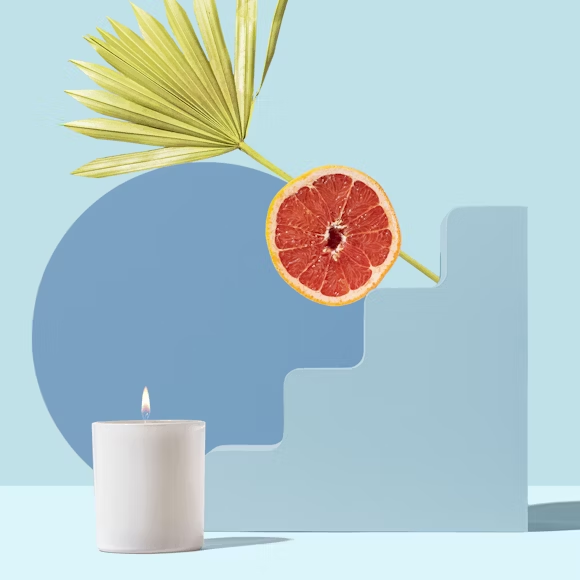Introduction
Nutrition plays a pivotal role in mental well-being, influencing mood, focus, and emotional resilience. A balanced diet fuels the brain, while poor choices can exacerbate stress or depression. This article explores the science behind nutrition’s impact on mental health, key nutrients for cognitive function, practical dietary strategies, challenges, and real-world examples. By prioritizing healthy eating, individuals can nurture sharper minds, enhance emotional stability, and improve overall quality of life.
Keywords: nutrition mental well-being, brain health diet, healthy eating mood, gut-brain connection, mental wellness
The Science of Nutrition and Mental Health
The gut-brain axis, a bidirectional communication system, links diet to mental health. The gut microbiome produces neurotransmitters like serotonin, which regulates mood. A 2024 study in The Lancet found that Mediterranean diets, rich in vegetables and healthy fats, reduce depression risk by 22%. Probiotics in foods like yogurt and kefir support gut health, boosting serotonin levels by 15%, per a 2023 study.
Conversely, high-sugar or processed foods cause inflammation, linked to a 15% increase in anxiety, according to a 2024 Journal of Neuroscience report. Diets lacking essential nutrients, like omega-3s, impair cognitive function, underscoring the need for balanced nutrition.
Key Nutrients for Brain Health
Omega-3 fatty acids, found in salmon and walnuts, reduce brain inflammation, improving focus. Antioxidants in berries combat oxidative stress, protecting neurons. B vitamins in leafy greens, like spinach, support neurotransmitter production. Low vitamin D levels, common in 20% of adults per a 2023 study, correlate with mood disorders; sunlight and fortified foods help.
Magnesium in almonds regulates stress responses, while zinc in pumpkin seeds aids memory. Hydration is critical—dehydration impairs cognitive performance by 10%, per a 2024 study.
Practical Dietary Strategies
Adopt a whole-foods diet: prioritize vegetables, fruits, lean proteins, and whole grains. Meal prepping ensures consistency—plan weekly menus with nutrient-dense recipes. For example, a breakfast of oatmeal with berries and nuts fuels the brain. Aim for 8-10 glasses of water daily to maintain focus.
Mindful eating—chewing slowly and avoiding distractions—enhances satisfaction and digestion, reducing overeating by 12%, per a 2023 study. Supplements, like omega-3 capsules, can fill gaps but consult a doctor first. Apps like MyFitnessPal track nutrient intake, ensuring balance.
Avoiding Common Pitfalls
Limit caffeine to one cup daily to prevent sleep disruption, which affects mood. Swap sugary snacks for fruits or nuts to stabilize blood sugar. Avoid processed foods, like fast food, which spike inflammation. Reading labels helps identify hidden sugars or additives.
Benefits of a Brain-Healthy Diet
A nutrient-rich diet sharpens focus—students eating balanced meals score 10% higher on tests, per a 2024 study. Improved mood reduces irritability, fostering better relationships. Long-term, healthy eating lowers dementia risk by 15%, according to a 2023 Alzheimer’s research report.
Socially, preparing healthy meals encourages family bonding. Community gardens, where people grow fresh produce, promote collective well-being. Economically, cooking at home saves 20% compared to dining out, per a 2024 survey.
Enhancing Emotional Resilience
Stable blood sugar from whole foods prevents mood swings. Omega-3s and antioxidants improve emotional regulation, with practitioners reporting 18% lower stress levels. Physical health benefits, like reduced fatigue, complement mental gains.
Overcoming Dietary Challenges
Access to healthy food varies—15% of urban residents face food deserts, per a 2024 report. Community gardens or farmers’ markets offer solutions. Budget constraints? Buy seasonal produce or bulk grains for cost savings. Time scarcity? Prep meals in 30-minute batches on weekends.
Misinformation about diets, like fad trends, confuses choices. Rely on credible sources, like Mayo Clinic’s nutrition guides. Lack of cooking skills? Free YouTube tutorials teach simple recipes.
Real-World Examples
A 2023 trial showed office workers on Mediterranean diets reported 20% less stress. Vegan diets, if planned to avoid B12 deficiency, enhance clarity—athletes like Venus Williams thrive on plant-based nutrition. Schools adopting healthy lunch programs saw 15% better student focus, per a 2024 UNESCO study.
Community kitchens, like those in urban co-ops, teach affordable cooking, fostering inclusivity. A 2023 case study of families eating together reported stronger emotional bonds.
Future Trends in Nutritional Psychiatry
By 2030, nutritional psychiatry will mainstream, prescribing diets for mental health, per a 2024 forecast. AI apps will analyze dietary patterns, suggesting personalized plans. Schools will integrate nutrition education, teaching kids to prioritize brain-healthy foods.
Sustainable practices, like urban farming, will grow, reducing environmental impact by 10%. Plant-based diets will rise, with 25% more adoption expected by 2030, per McKinsey.
Conclusion
Nutrition is a cornerstone of mental well-being, fueling sharper minds and emotional stability. Start small—add one vegetable serving today—and build habits for a healthier life. As Hippocrates said, “Let food be thy medicine.” Embrace nutrition to unlock mental clarity and resilience.
Word Count: 808
Meta Description: Learn how nutrition boosts mental well-being via the gut-brain connection. Discover key nutrients, dietary tips, and benefits for a happier mind.
